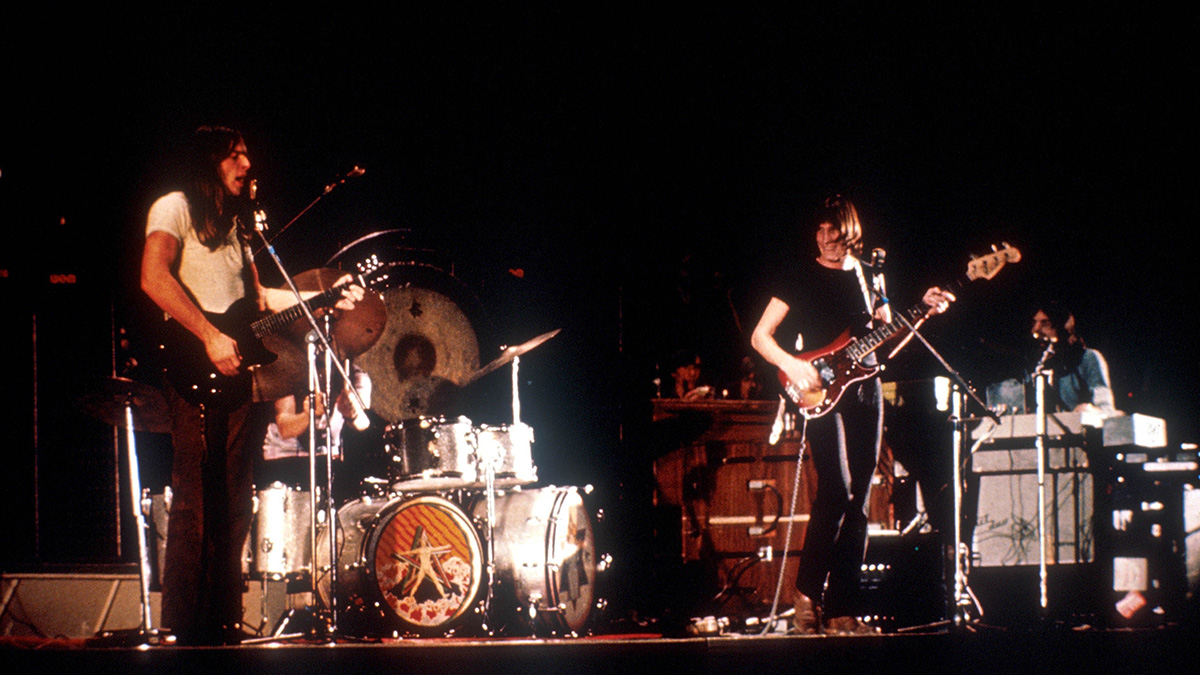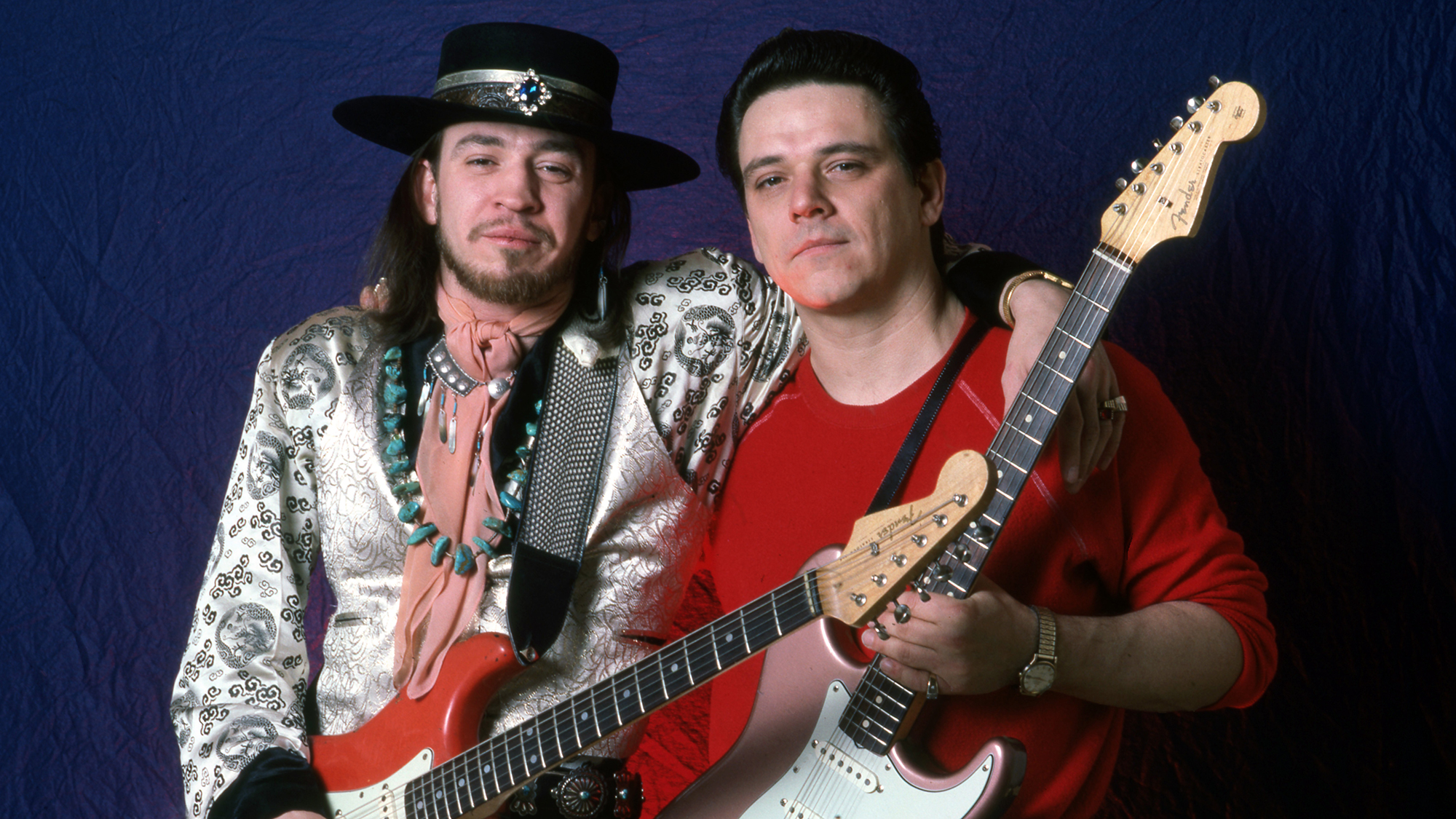“When I heard the Rolling Stones, they sounded like a bad high school band to me. I didn't get it”: Tommy Emmanuel explains how a love of Chet Atkins meant he initially struggled to understand The Rolling Stones and Beatles hype
Emmanuel now “loves” both bands, but back in the day it took him “a long time to appreciate them”

Famed acoustic guitar virtuoso Tommy Emmanuel has been a longtime Chet Atkins fan – ever since he heard his music on the radio at the age of six, to be exact.
However, having Atkins as his guitar hero apparently came with some downsides, such as struggling to understand the hype surrounding The Rolling Stones and The Beatles when they first came onto the scene.
“You gotta remember, I'm a boy from the bush. So when I heard Chet Atkins and people like that, I heard somebody who played incredibly in tune with a great tone, great ideas, and all that sort of stuff,” Emmanuel says in an interview on the Jay Jay French Connection podcast.
“When I heard The Rolling Stones, they sounded like a bad high school band to me, I didn't get it. And they were in and out of tune.
“The singer [Mick Jagger] sounded like he didn't give a shit. And my brother and I were like, ‘What the hell do people see in this crap?’ Because we were used to hearing these polished, beautiful records.

“Of course, I love The Rolling Stones, and I love The Beatles, and I love the mojo that they bring, but it took me a long time to appreciate them because I was ignorant. I knew nothing.
“You know, and when someone said, this is a good guitar player, and I heard him I'm like, ‘He doesn't even get it out of a case compared to Chet Atkins.’
Get The Pick Newsletter
All the latest guitar news, interviews, lessons, reviews, deals and more, direct to your inbox!
“For a little boy, he set the bar pretty high early, you know, I heard Windy and Warm on the radio when I was seven. I could hear that he was playing everything at once. I just didn't know what he was doing or how to do it. But I knew that.
“And everybody said to me, ‘Don't take any notice of that. It's a recording trick. You can't do all that.’ But I could hear it. I just didn't know how to do it yet.”
Emmanuel goes on to say that from an early age he was entranced with Atkins' playing and fingerstyle technique, which incorporated a walking bass, rhythm, and melody.
“I wasn't aware of this technique. I just knew what I heard. And I started finding a way of making that muted bass. And then I tried to get my fingers to play the melodies like this, while trying to keep that going, you know, and it was so hard. I was eight.”
In a 2019 GuitarWorld interview, Emmanuel reiterated how important Chet Atkins was for him to develop his intricate, melody-centered technique. “I call it a science experiment. It’s like a juggler and a card dealer all working at once and it is just too much.
“Y’know, just tell me the story, and lay it out for me. That’s what I am looking for. Growing up listening to Chet Atkins taught me to find the melody and stick with the melody.”
Janelle is a staff writer at GuitarWorld.com. After a long stint in classical music, Janelle discovered the joys of playing guitar in dingy venues at the age of 13 and has never looked back. Janelle has written extensively about the intersection of music and technology, and how this is shaping the future of the music industry. She also had the pleasure of interviewing Dream Wife, K.Flay, Yīn Yīn, and Black Honey, among others. When she's not writing, you'll find her creating layers of delicious audio lasagna with her art-rock/psych-punk band ĠENN.
“I just learned them from the records. I don’t read tabs or anything, I don’t read music – I learned by ear”: How a teenage Muireann Bradley put a cover of Blind Blake’s Police Dog Blues on YouTube and became a standard bearer for country blues
“The Strat was about as ‘out’ as you could get. If you didn’t have a Floyd Rose, it was like, ‘what are you doing?’”: In the eye of the Superstrat hurricane, Yngwie Malmsteen stayed true to the original











